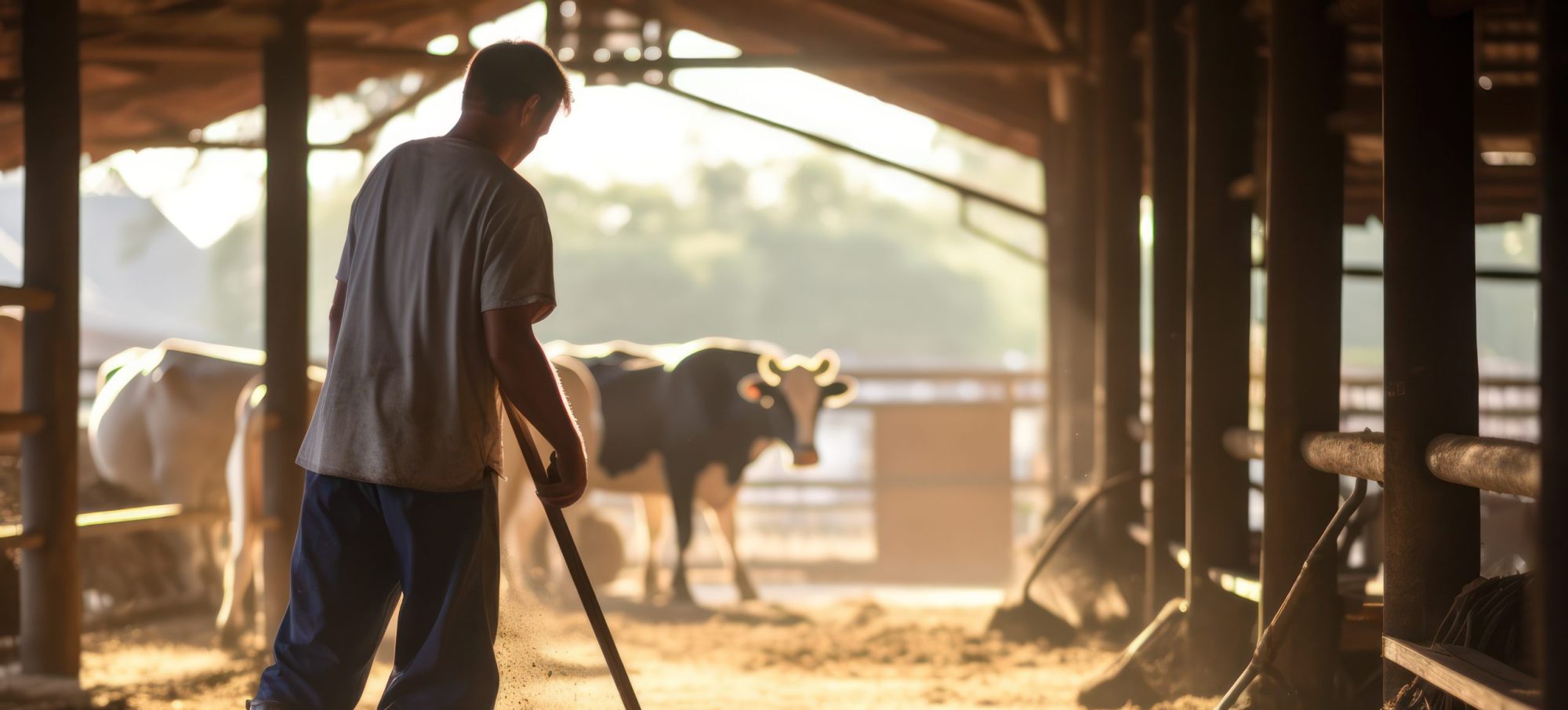
Women are more likely to have livestock operations than traditional field crops. Proper animal handling techniques are important for all producers but due to physiological characteristics (e.g., height, strength, etc.) it is even more important for women to learn how to work smarter rather than harder to improve the health of her herd as well as reduce the risk of injury.
Ag Safety and Health Community of Practice Resources
The following e-books were specifically developed for women in agriculture concerning animal handling. To access these resources, click on the links below:
Safe Beef Cattle Handling for Women
Safe Dairy Cattle Handling for Women
Resources – Online Courses
Cornell Small Farm Program – Courses and Training
Online Videos
Animal Handling: Dairy – Upper Midwest Ag Safety and Health Center
Livestock Tools and Equipment – Presented by Kendra Graham during the Pixels of Production 2020 Virtual Conference through the University of Missouri.
Livestock Identification and Tagging Methods – Presented by Kendra Graham during the Pixels of Production 2020 Virtual Conference through the University of Missouri.
Regional or National Articles and Resources
Article Summarized and Reviewed By:
Linda Fetzer, Pennsylvania State University – lmf8@psu.edu
Karen Funkenbusch, University of Missouri – funkenbuschk@missouri.edu
Angie Hissong, OTR/L, Pennsylvania State University – anh1@psu.edu
Tevin Uthlaut, University of Missouri – UthlautT@missouri.edu
Project Funding Acknowledgement:
This material is supported by the National Institute of Food and Agriculture, U.S.D.A., under award number 2014-68006-21873.
AgrAbility for Pennsylvanians Project is supported under USDA/NIFA Special Projects 2017-41590-27105 in collaboration with Penn State Extension.
The Missouri AgrAbility Project is supported by funds from the USDA National Institute of Food and Agriculture (NIFA) under sponsored project number 2018-41590-22323.
